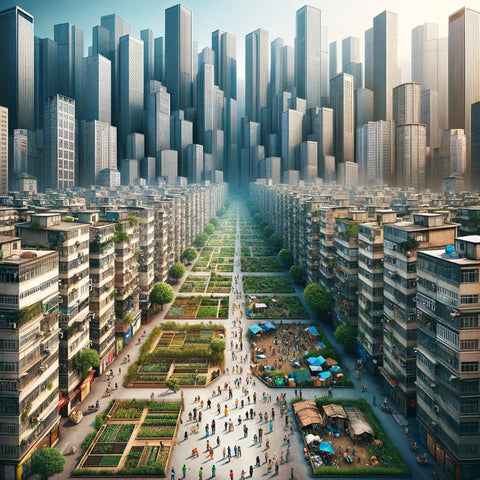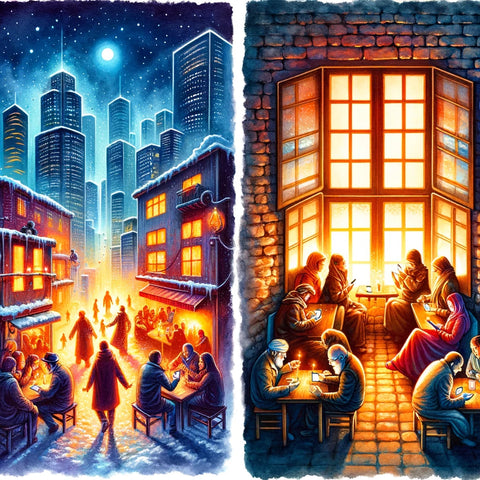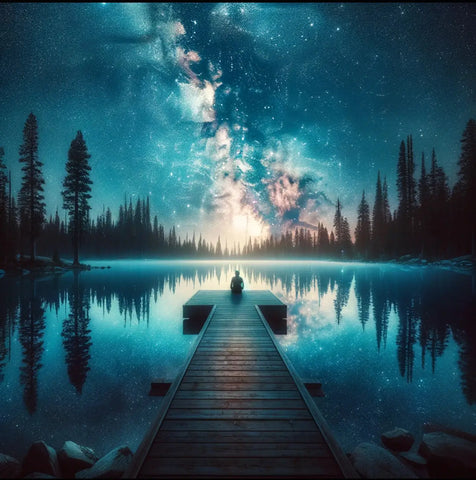Modern Society’s Paradoxes
Modern Life's Paradox: Navigating Through More with Less - Insights
We have bigger houses but smaller families; more conveniences but less time. We have more degrees but less wisdom; more knowledge but less judgment; more experts but more problems; more medicines but less health.

We've reached the Moon, but have trouble crossing the street to meet our new neighbors. We create more computers to store more than ever before, But we no longer truly communicate with each other; We have plenty in quantity, but little in quality. It's an era of fast food but slow digestion; Tall buildings but short tempers; more profits but shallow relationships.
Outside that window, there's plenty But inside the room, there's nothing. The financial crisis we face today arises from the fact that we've nearly exhausted all our social, cultural, natural, and spiritual capital to turn into money. A century of continuous money-making has left us so impoverished that there's nothing left to sell. Our forests are irreparably destroyed, our land depleted and washed away, our oceans overfished, and the Earth's capacity to recycle waste is saturated.
The cultural treasures of songs and stories, images and symbols, have been stolen and owned as copyrights. Any clever phrase you can think of has become a registered trademark. Human relationships and capabilities have been taken away from us and sold back to us, so now we depend on strangers, we depend on money, for things that used to be nearly free: food, shelter, clothing, child care, cooking. Life itself has become a commodity to be bought and sold. I've been thinking a lot about the state of the world lately and it feels like we're on a path to nowhere. Everything seems to be changing, and no one can predict what will happen next. The world is full of uncertainty and risks, but I believe there are hidden opportunities within these challenges.

Imagine this: One Saturday morning, I'm sitting down with a cup of coffee, contemplating the news of inflation and economic crises. People are panicking and fearful, but I think we need to look beyond and see the opportunities hidden amidst it all. In times of hardship, people often become simpler, friendlier, and more supportive. They focus on sharing and connecting, and that's when the gift economy emerges. It's not about hoarding or accumulating; it's about giving and receiving. It's about creating connections within the community and offering help when needed. Perhaps what's crucial is that we should invest in our communities. When the financial system is volatile, traditional investments may no longer be effective.
But investing in the development of the community, fostering unity and support, can bring significant benefits. We all contribute to building a better world for ourselves and those around us. Life is ever-changing, and we need to adapt. Don't just focus on survival; think about how we can grow and make the world a better place. 
Remember, connection and generosity are the most important things, and we all play a role in building a brighter future for everyone. Remember, we're all on this journey together, and true security doesn't lie in money or material possessions but in the connections we forge and the generosity we extend to one another. So, embrace the change that's coming, and turn it into a positive change for all.





Leave a comment